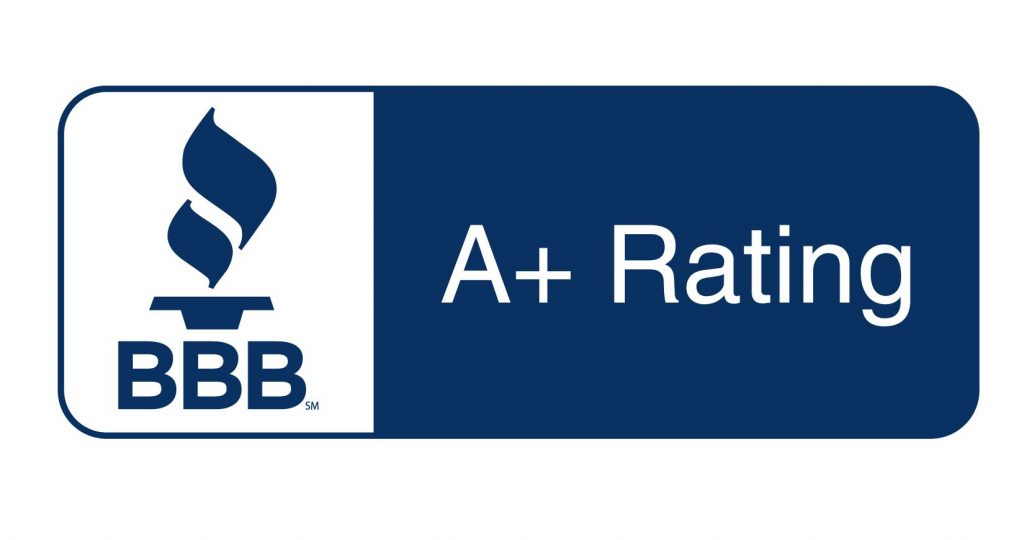Medicare will help pay for walkers and other similar types of equipment, as long as your doctor thinks they are medically necessary. According to a study by the National Institute of Health, about 24% of people aged 65 and older use some sort of mobility device, so it is beneficial that Medicare offers this coverage. Today, we’ll explore the requirements you must meet and the expenses you can expect if you need a walker.
Does Medicare Cover Walkers?
Medicare Part B covers walkers and other kinds of durable medical equipment (DME) such as canes, wheelchairs, and rollators. (A walker has four legs you must pick up with each step, while a rollator has wheels.) All DME is covered under Part B of Original Medicare.
For Medicare to pay for your walker, you must meet three requirements.
- It must be medically necessary. Medically necessary items are those that are needed to treat or diagnose an illness, condition, injury, disease, or its symptoms. This determination can only be made by a health care provider.
- It must be doctor-prescribed. Just like any prescription medication, a walker has to be prescribed by a doctor in order for Medicare to cover the cost.
- The supplier and doctor must accept Medicare assignment. Both the company supplying the walker and the doctor who prescribes it must accept Medicare assignment. While most health care providers accept Medicare, it’s best to check before having an appointment.
Depending on your specific situation, Medicare may require you to rent the walker instead of purchasing it. It may also pay for a replacement if it gets worn, damaged, stolen, or lost.

How Much Do Walkers Cost with Medicare?
Even though Medicare covers walkers, you might still have some out-of-pocket costs. That will depend on what kind of Medicare plan you have. Let’s review three scenarios.
If you have Original Medicare only, meaning you are only enrolled in Parts A and B, you’ll typically have the highest out-of-pocket expenses. First, you must meet the Part B deductible. That number changes each year, but it is $233 in 2022 and $226 in 2023. Once you’ve met your deductible, Part B pays for 80% of the walker or other mobility device, and you are responsible for the remaining 20%.
Most Medicare beneficiaries choose to enroll in either a Medicare Supplement (Medigap) plan or a Medicare Advantage plan to help with their out-of-pocket costs. We’ll look at how each of them pays for walkers.
If you are enrolled in a Medicare Supplement plan, it will act as your secondary insurance. It may pick up some or all of the remaining costs for your walker. For example, Plan F will pay both the Part B deductible and 20% coinsurance, while Plans G and N will only pay the coinsurance amount. Either way, you’ll pay less than you will with Original Medicare alone.
If you have a Medicare Advantage plan, the cost of a walker will depend on your plan. There are only a few Medicare Supplements to choose from, but there are hundreds of Medicare Advantage plans, so it is harder to predict your cost without knowing the plan’s specifics. However, we can say that every Medicare Advantage plan offers at least as much coverage as Original Medicare and often includes less cost-sharing amounts. Keep in mind that you need to utilize the plan’s network of providers and facilities rather than just see ones that accept Medicare assignment. In addition, the insurance carrier may have a different set of requirements in order to get your walker covered.
The independent insurance agents at Carolina Senior Benefitscan help answer your questions about how Medicare covers walkers. We’ll look at your current plans and help you understand how your coverage works and any costs you should expect. Call today to speak with one of our Medicare advisors!





